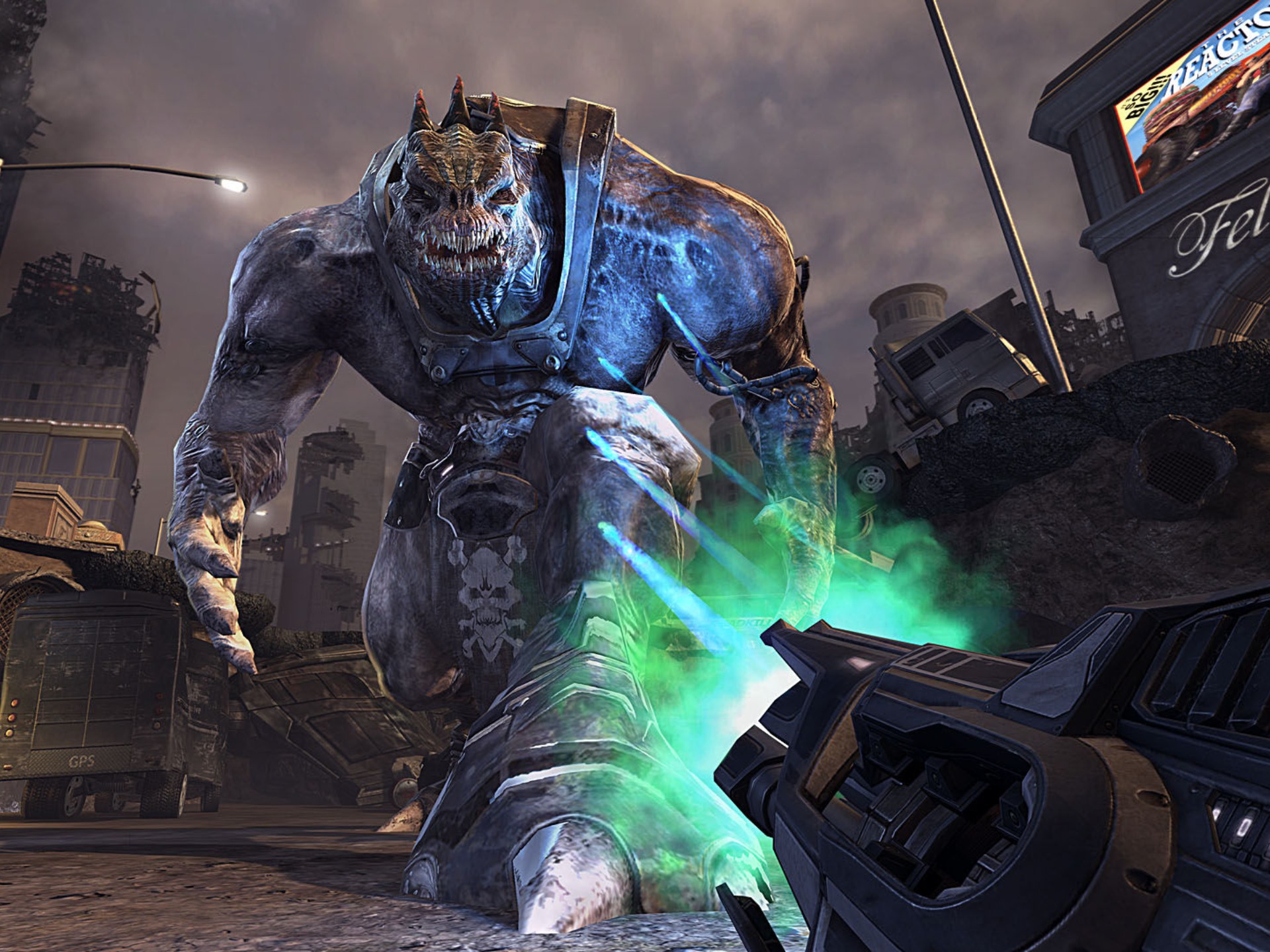Gameplay vs Story: Which Is Stronger in Video Games?
Introduction
Video games have evolved into a complex medium that blends interactive mechanics with narrative depth. Two of the most debated aspects of game design are gameplay (the mechanics, controls, and player interaction) and story (the plot, characters, and world-building). While some players prioritize engaging mechanics, others seek immersive storytelling. But which element holds more weight in defining a great game?
This article explores the strengths of both gameplay and story, analyzes their interdependence, and examines whether one truly outweighs the other in shaping memorable gaming experiences.
The Power of Gameplay
Gameplay is the foundation of any video game. Without solid mechanics, even the most compelling story can fall flat. Here’s why gameplay is often considered the backbone of gaming:
1. Player Agency and Engagement
Unlike movies or books, games allow players to influence outcomes through their actions. A well-designed combat system, puzzle mechanics, or open-world exploration keeps players engaged for hours. Games like Dark Souls and Tetris prove that minimal storytelling can still create legendary experiences through pure gameplay excellence.
2. Replayability and Longevity
Strong gameplay encourages replayability. Competitive games like League of Legends or Counter-Strike thrive on mechanics rather than narrative depth. Even single-player games like Minecraft or Roguelikes (e.g., Hades) keep players returning due to dynamic, skill-based challenges.
3. Universal Appeal
Gameplay transcends language and cultural barriers. A game like Super Mario Bros. remains iconic worldwide because its mechanics are intuitive and fun, regardless of narrative complexity.
Criticism of Gameplay-First Design
However, games that focus solely on mechanics can feel shallow. Titles with repetitive or poorly balanced gameplay may fail to leave a lasting impression, proving that mechanics alone aren’t always enough.
The Strength of Story
While gameplay drives interaction, storytelling provides emotional depth and context. Some of the most beloved games are remembered for their narratives rather than their mechanics.
1. Emotional Impact and Immersion
Games like The Last of Us, Red Dead Redemption 2, and Final Fantasy VII are praised for their deep character arcs and world-building. A well-told story can evoke powerful emotions, making players feel connected to the virtual world.
2. Justification for Gameplay
A strong narrative can enhance gameplay by giving purpose to actions. In Bioshock, the twist elevates the combat from mere shooting to a philosophical experience. Without context, gameplay can feel hollow.
3. Expanding the Medium’s Potential
Games like Disco Elysium and What Remains of Edith Finch push boundaries by prioritizing storytelling over traditional mechanics, proving that games can be as narratively rich as literature or film.
Criticism of Story-First Design
Yet, games with weak gameplay can frustrate players. Heavy Rain and Detroit: Become Human are often criticized for being more like interactive movies than true games. Without engaging mechanics, even the best stories may fail to captivate.
The Perfect Balance: When Gameplay and Story Work Together
The best games often find harmony between gameplay and narrative. Here are examples of titles that excel in both:
1. The Legend of Zelda: Breath of the Wild
- Gameplay: Open-world exploration, physics-based puzzles, and dynamic combat.
- Story: Minimalist yet effective, with environmental storytelling and lore.
2. Portal 2
- Gameplay: Innovative puzzle mechanics with tight controls.
- Story: Witty writing and memorable characters (GLaDOS, Wheatley).
3. Mass Effect 2
- Gameplay: Strategic combat and squad management.
- Story: Deep character interactions and player-driven choices.
These games prove that when mechanics and narrative complement each other, the experience becomes unforgettable.
Which Is Stronger? The Verdict
There is no definitive answer—both gameplay and story are essential, but their importance depends on the game’s intent.
- For competitive or arcade-style games (e.g., Street Fighter, Tetris), gameplay is king.
- For narrative-driven experiences (e.g., The Walking Dead, Life is Strange), story takes precedence.
- For masterpieces like The Witcher 3 or Elden Ring, both elements must shine.
Ultimately, the strongest games find a way to make gameplay and story reinforce each other. A gripping tale enhances immersion, while engaging mechanics ensure players stay invested.

Conclusion
The debate between gameplay and story is not about which is superior, but how they interact. Some players prefer fast-paced action, while others seek deep narratives. The best developers understand that a great game doesn’t have to sacrifice one for the other—instead, it blends them seamlessly.
What do you think? Do you prefer games with deep stories or addictive gameplay? Share your thoughts in the comments!
Tags: #Gaming #GameDesign #GameplayVsStory #VideoGames #NarrativeGaming #GameDevelopment #GamingCommunity


















